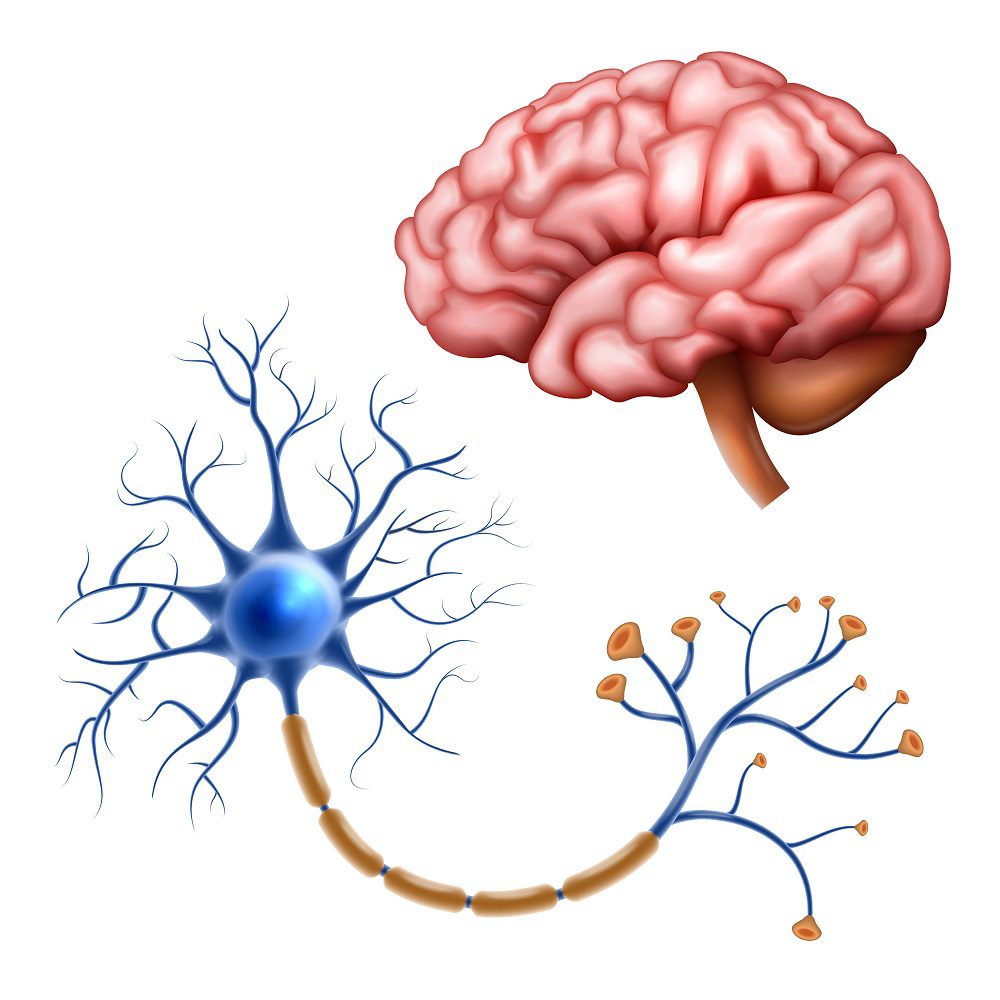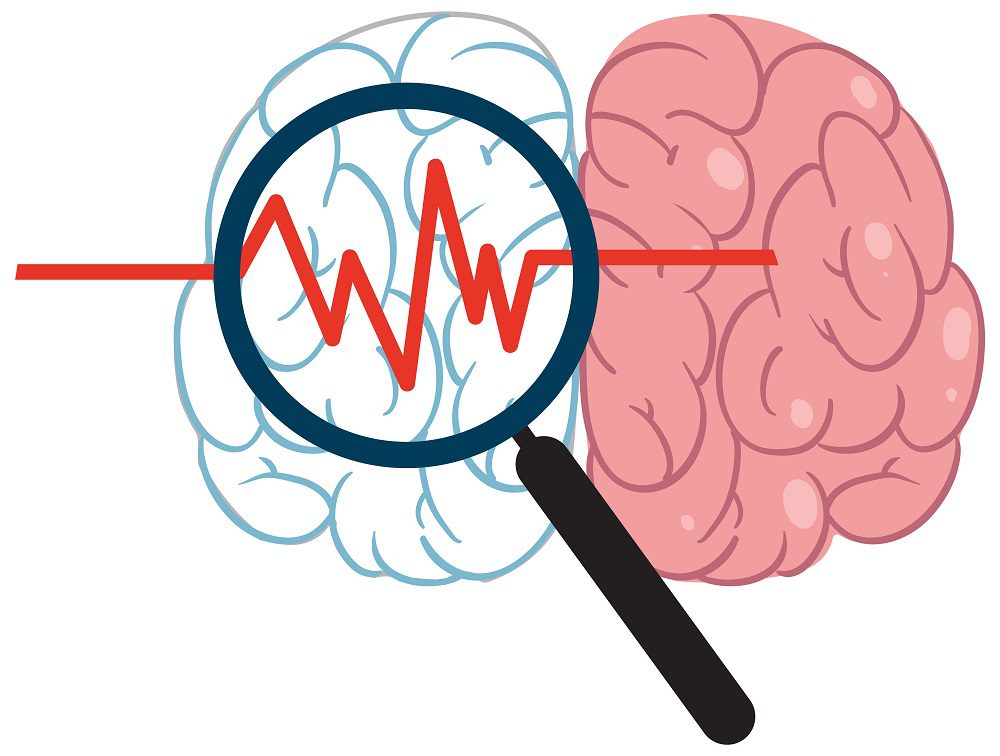Bilirubin toxicity is a serious effect of hyperbilirubinemia, which is the most common disorder of the neonatal period. Clinically, bilirubin neurotoxicity can result in motor deficits, auditory dysfunction, cerebral palsy, seizure, and neurodevelopmental diseases. Bilirubin neurotoxicity is one of the major worldwide causes of neonatal brain injury, particularly in poorer developing countries. The common molecular events of bilirubin neurotoxicity may include membrane disturbance, endoplasmic reticulum stress, mitochondrial injury, destructive enzyme induction, abnormal neurotransmitter/cell metabolism, excitotoxicity, oxidative stress, and neuroinflammation.
However, the initiator or core mechanism of bilirubin neurotoxicity is unclear. Evidence demonstrates the potential roles that bilirubin may play via neuroinflammation in neurodegenerative, neuropsychiatric, and other neurological diseases. Neuroinflammation has been considered the core mechanism of several neurodegenerative diseases such as Alzheimer’s disease and schizophrenia. Neuroinflammatory responses contribute to the clinical characteristics of bilirubin neurotoxicity, including age dependence, and region-specificity properties. Over-activated neuroinflammation may accelerate the damage of blood-brain interfaces and thus facilitate bilirubin influx into the brain.















